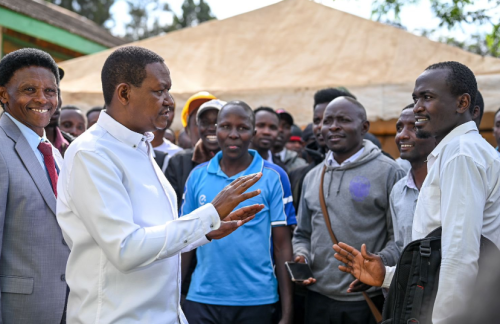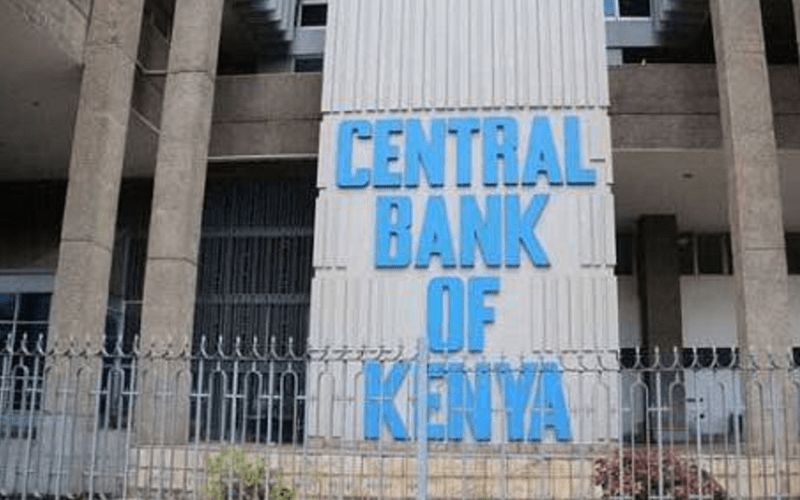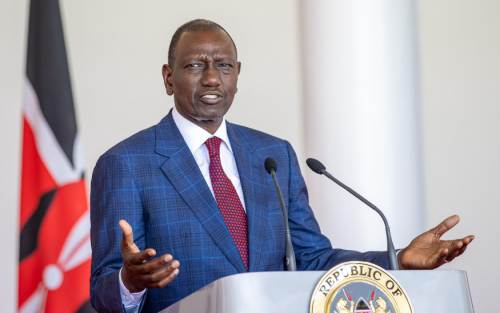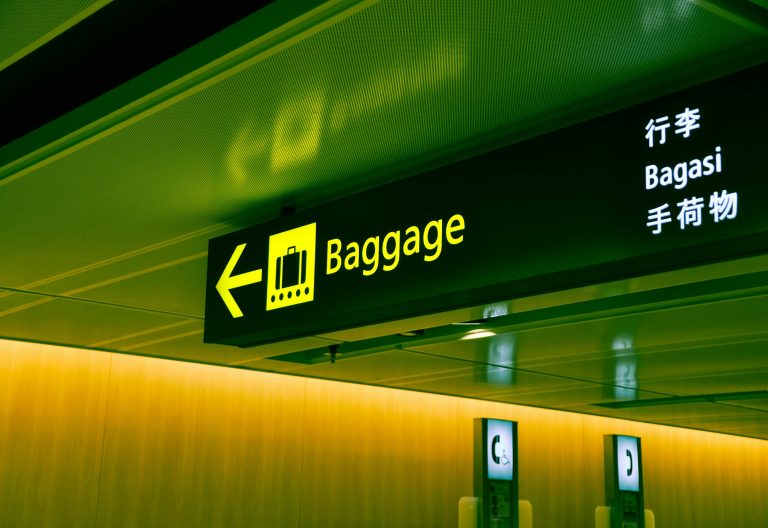CEOs caution government over labour export programme

Chief Executive Officers (CEO) have raised concerns over the government’s over-reliance on the labour export programme to create jobs for unemployed people in the country.
President William Ruto’s administration greatly championed the labour export programme, which creates employment opportunities for Kenyans to work abroad.
In the March 2025 CEOs Survey published by the Central Bank of Kenya (CBK), executives indicated that the country’s overreliance on labour exports could lead to a brain drain.
Brain drain refers to the emigration of educated, skilled, and talented individuals from their home country to other countries. This phenomenon often occurs when individuals seek better professional opportunities, higher salaries, improved living conditions, political stability, or greater access to resources and technology not readily available in their native nation.
Brain drain leads to a loss of human capital, reduced tax revenue, and potential shortages in crucial sectors like healthcare and education.

Instead of solely relying on the labour export programme, the 1,000 CEOs interviewed by CBK while conducting the study implored the government to find new ways to create more employment opportunities locally.
“The respondents gave proposals on how the business and economic environment in Kenya can be enhanced to boost growth,” the survey read in part.
“The government to put in place strategies to create jobs locally to avoid brain drain,” the CEOs recommended, as captured in the CBK’s survey.
The Survey targeted CEOs of over 1000 private sector firms through questionnaires administered via a direct online survey. Majority of the respondents (61 per cent) were privately-owned domestic firms, while the rest were privately-owned foreign businesses (23 per cent), government owned entities (6 per cent), publicly listed foreign companies (3 per cent), publicly listed domestic companies (2 per cent) and other ownership structure (5 per cent).

The Survey seeks CEOs views/perceptions on selected indicators, including business confidence and optimism, current business activity, and outlook for business activity in the near term. The Survey also seeks to establish the key drivers and threats to firms’ growth, internal and external factors that could influence the business outlook, and strategic priorities over the medium-term,” it read in part
“The Survey also obtains feedback in terms of the suggestions that would improve the business environment.”
Labour export programme
During Jamhuri Day Celebrations in December 2024, Ruto heaped praises on his administration for shipping out 243,000 skilled Kenyans for international job opportunities.
President Ruto emphasised the need to create opportunities for thousands of youth who enter the labour market annually. He noted that the government has sealed bilateral labour frameworks with seven countries while awaiting signatures from two countries.
“Our committed interventions are creating jobs and opportunities, and this is only the beginning. We are building on the foundation we have laid to create more jobs going forward,” he said.

“The essence of the Bottom-Up Economic Transformation Agenda is to enhance our capacity for incremental achievement and thus accelerate our progress in delivering our commitments for the benefit of all Kenyans.”
Besides creating jobs abroad, Ruto’s administration has been keen to invest in vocational education to equip youth with market-ready knowledge, skills and competencies.
The Kenya Kwanza administration is also setting up ICT Hubs across the country to expose youth to lucrative digital jobs.















